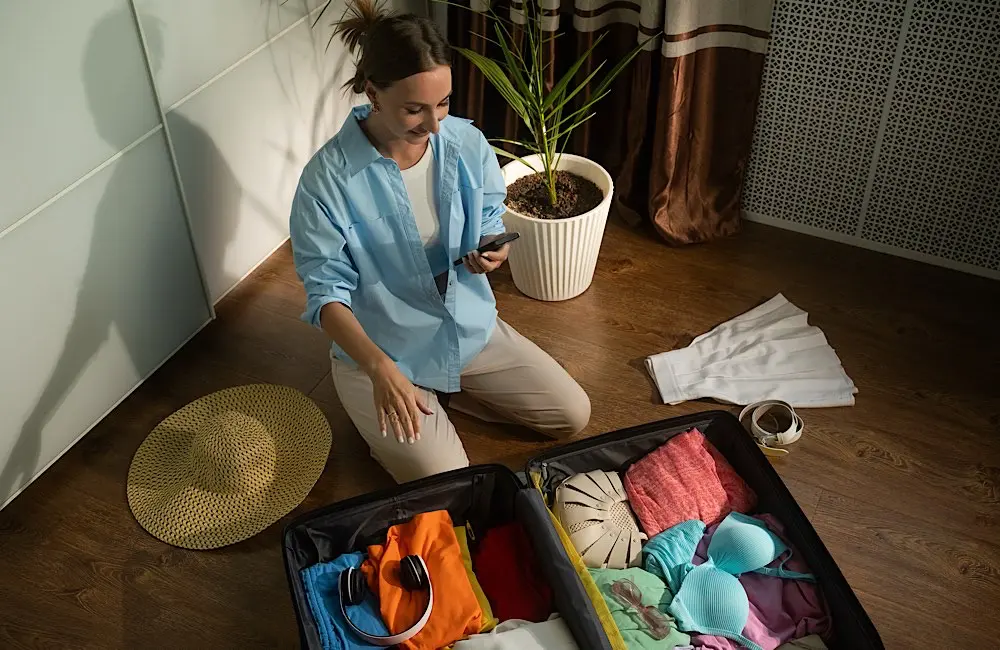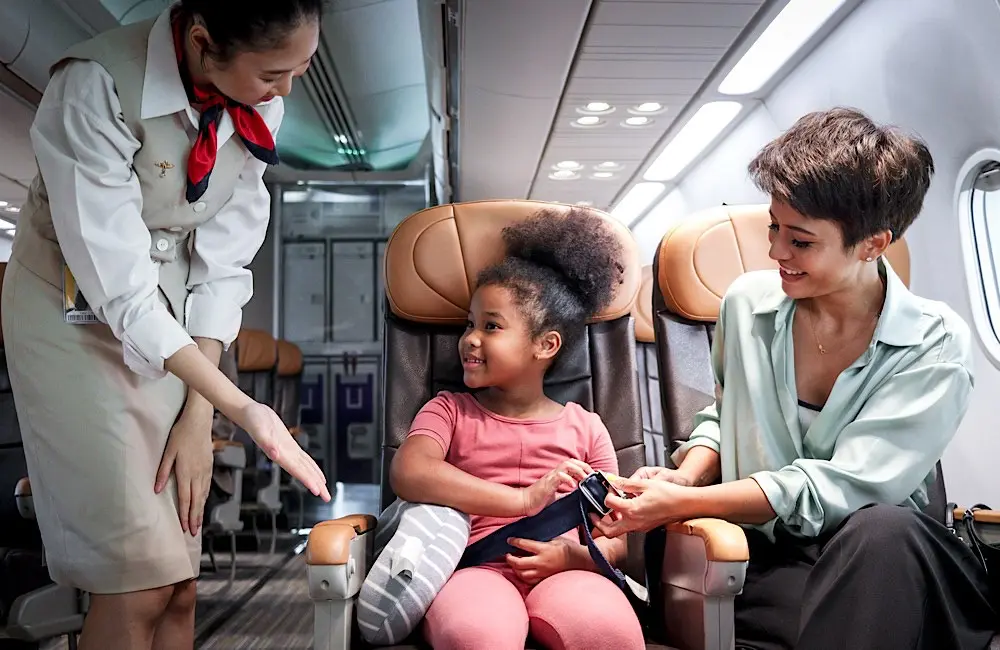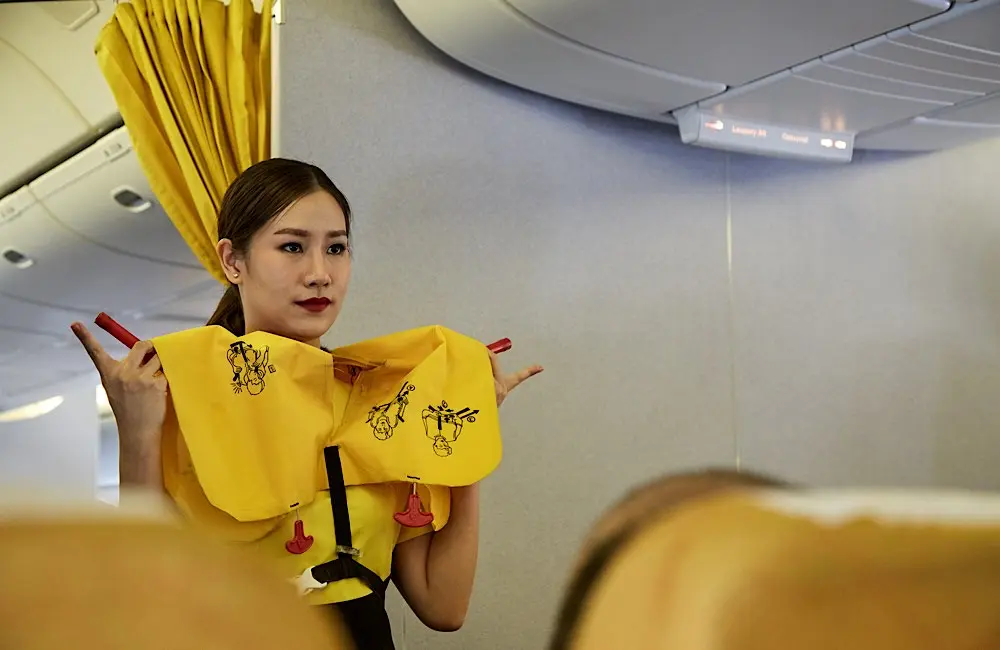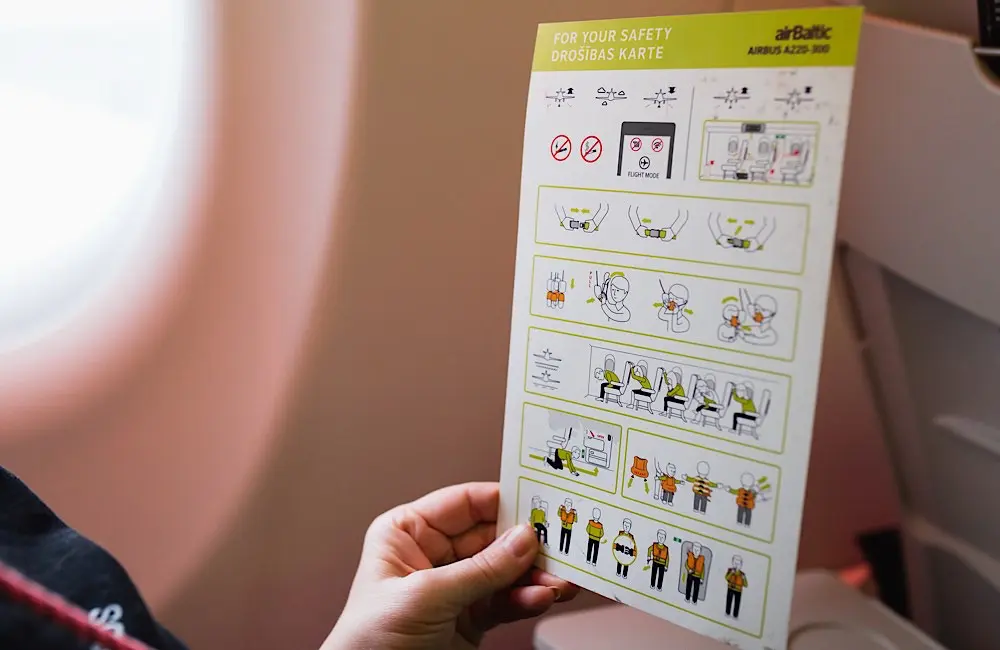Whether you’re jetting off to visit family or putting an ocean between you and them (no judgment here), a little preparation can help ensure you reach your destination without a hitch, says the Civil Aviation Safety Authority (CASA).
According to CASA’s CEO and Director of Aviation Safety, Pip Spence, following a few simple steps can make all the difference.
“The rules are in place to keep you and others safe,” Spence says. And while they might seem like common sense, they can be easy to overlook in the holiday chaos.
Step 1: Pack like a pro
Ever had your aerosol confiscated at security? You’re not alone. CASA stresses the importance of knowing what can and can’t go in your bags before you even leave home.
“Understand the rules about what can be packed in bags,” Spence says.

“Some items can be taken in your carry-on luggage, some things must be packed in your checked-in luggage, and anything that might pose a risk to the safety of your aircraft can’t be carried on at all.”
One of the most commonly misunderstood items is spare batteries. CASA is clear on this: spare batteries must never be packed in checked luggage due to the risk of fire. Instead, they should be carried in your hand luggage. It’s a small but vital adjustment that ensures everyone’s safety.
For those who find the rules confusing, CASA’s website offers a simple tool called ‘Can I pack that?’. This resource breaks down what’s allowed, what isn’t, and how to pack items safely. Taking a few minutes to review it could save you time (and stress) at the airport.
The takeaway? Don’t leave packing to the last minute. Know the rules, prepare your bags carefully, and avoid the awkward moment of digging through your suitcase at security.
Step 2: Respect the crew
A little courtesy can go a long way — especially when it comes to your flight crew.
“Your flight crew has an important role to get you to your destination safely,” Spence reminds travellers.
The primary responsibility of cabin crew is not to hand out snacks but to ensure the safety of everyone on board.

“Poor behaviour can disrupt the safety duties of aircraft crew members and cause distractions during critical phases of flight,” CASA warns.
Unfortunately, incidents of unruly passenger behaviour have been on the rise globally. While most travellers are courteous, it only takes one disruptive passenger to create delays or compromise safety.
The advice here is simple: treat your crew with respect. Follow their instructions, listen attentively to safety briefings, and avoid actions that could create unnecessary distractions. They’re there to ensure you arrive safely — make their job as easy as possible.
Step 3: Pay attention
When was the last time you really listened to a safety briefing? Be honest. CASA urges all passengers to pay attention — not just out of politeness, but because it could save lives.
Take turbulence, for example. While it’s a common occurrence, keeping your seatbelt fastened at all times is a simple precaution that can prevent injuries.

“We recommend you keep your seat belt fastened at all times when you’re onboard to make sure you are restrained if there is any turbulence,” Spence advises.
Paying attention also extends to ground instructions. If you’re boarding or disembarking via the tarmac, follow directions carefully. Aircraft engines and service vehicles aren’t scenery — they can pose serious risks if you’re not alert.
Breaking the rules could cost you
If safety alone isn’t motivation enough, CASA also points out the financial and legal risks of breaking air travel rules. Penalties for non-compliance can include fines of over $15,000—and in some cases, even imprisonment.
For example, ignoring crew instructions or attempting to bring prohibited items on board could land you in serious trouble. Avoiding these penalties is as easy as knowing and following the rules.
Not sure about a specific item or regulation? CASA’s website is a goldmine of information, from dangerous goods guidelines to packing tips.
Safety audits this holiday season
CASA isn’t just leaving safety in the hands of travellers. Over the holiday period, the organisation will ramp up its inspections, checks, and audits of airlines and aviation operations. This ensures that high safety standards are upheld across the board, giving passengers peace of mind as they take to the skies.
Takeaway for travel professionals
While these tips are geared towards everyday passengers, they’re also a timely reminder for the travel industry to reinforce safety messages with clients. Encourage travellers to pack smart, respect crew, and listen to instructions—it’s the easiest way to ensure smooth skies ahead.





